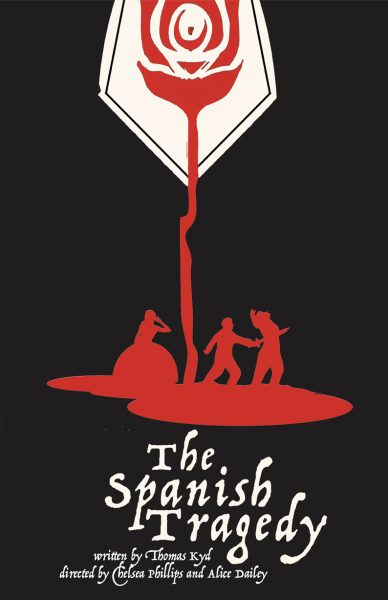Waka Flocka Flame releases aggressive debut album
October 26, 2010
In today’s hip-hop climate, stardom can be achieved in many ways. You can piggyback off of your previous work (Jay-Z). You can find a niche for your idiosyncratic weirdness and make it appealing to lots of people (Lil Wayne). You can star on a Canadian teen soap and hope that covers the fact that you have nothing interesting to say (Drake).
Or you could go the old school route, like Atlanta rapper Waka Flocka Flame. Waka has managed to overcome the (self-imposed) handicap of his stupid name by tirelessly recording mixtapes and performing live shows. His specialty is loud, aggressive hip-hop — the booming kind that is more fit for a car stereo than a laptop.
On his debut studio album “Flockaveli,” Waka displays his trademark brusque, rough-around-the-edges style. Actually, calling him “rough-around-the-edges” might be inadequate; Waka is all edges — his shouts, chants, grunts, woofs and ad-libs sacrifice elegance for blunt force.
Waka calls to mind the early work of Young Jeezy, in intent if not tone. The point is not to dazzle with lyrical acrobatics but to knuckle the listener into submission through sheer energy and aggression. It’s music designed to move people — not emotionally or intellectually, but physically.
If Waka lacks the lyrical skill that rappers are traditionally measured by, he is able to command his voice with brute economy. He knows when to hold his voice back and when to pour it on, akin to a boxer who jabs until he’s ready to land the knockout blow. While you’d be hard-pressed to find many lyrics that read complex on paper, Waka has a habit of delivering lines with such force, energy and anger, turning the mundane into the memorable.
Virginia-based producer Lex Luger, who helmed 11 of the album’s 17 tracks, specializes in big, widescreen sound. The familiar elements of the Southern sound are all present — sharp, stuttering snare drums, moody synthesizer notes, ascending strings — but Luger has a particular talent for making the elements build into a crushing, almost overwhelming wave of sound. Headbanging singles such as “Hard in da Paint” and “O Let’s Do It” have been circulating on mixtapes for months, but new tracks like “Bustin’ at Em” and “Bang” retain and build on the same aggressive spirit.
In fact, the biggest problem with “Flockaveli” may be that it is too thematically and sonically consistent. It succeeds in immersing the listener in a very specific kind of sound, but after over 17 songs, that sound can be exhausting. There are only so many variations of Waka’s “I like to wild out and do socially irresponsible things, and I strongly encourage you to do the same” message that one can listen to.
Still, there is something to be said about the album’s uncompromising aesthetic. Waka doesn’t waste time with a wistful song about his mother or childhood. There’s no perfunctory reflection on how he understands that his behavior is wrong, but he really wants to be a better man, honest. When he raps “I told my lawyer to get my back for all the crazy s — I did” on “Karma,” it’s a boast, not a note of ambivalence.
“Flockaveli” is straight up gangsta music, a rare artifact in a rap world where songs like “Empire State of Mind” set the tone. For all of his deficiencies as a rapper, Waka is the ideal spokesperson for raw hip-hop. He’s not going to change the game or reverse any trends; he’s a little too unschooled, a little too violent, a little too nihilistic, a little too Southern.
He can construct decent hooks, but he hardly has a pop sensibility. The one thing Waka can do however, is continue to carry the banner for hip-hop turned to 11.











